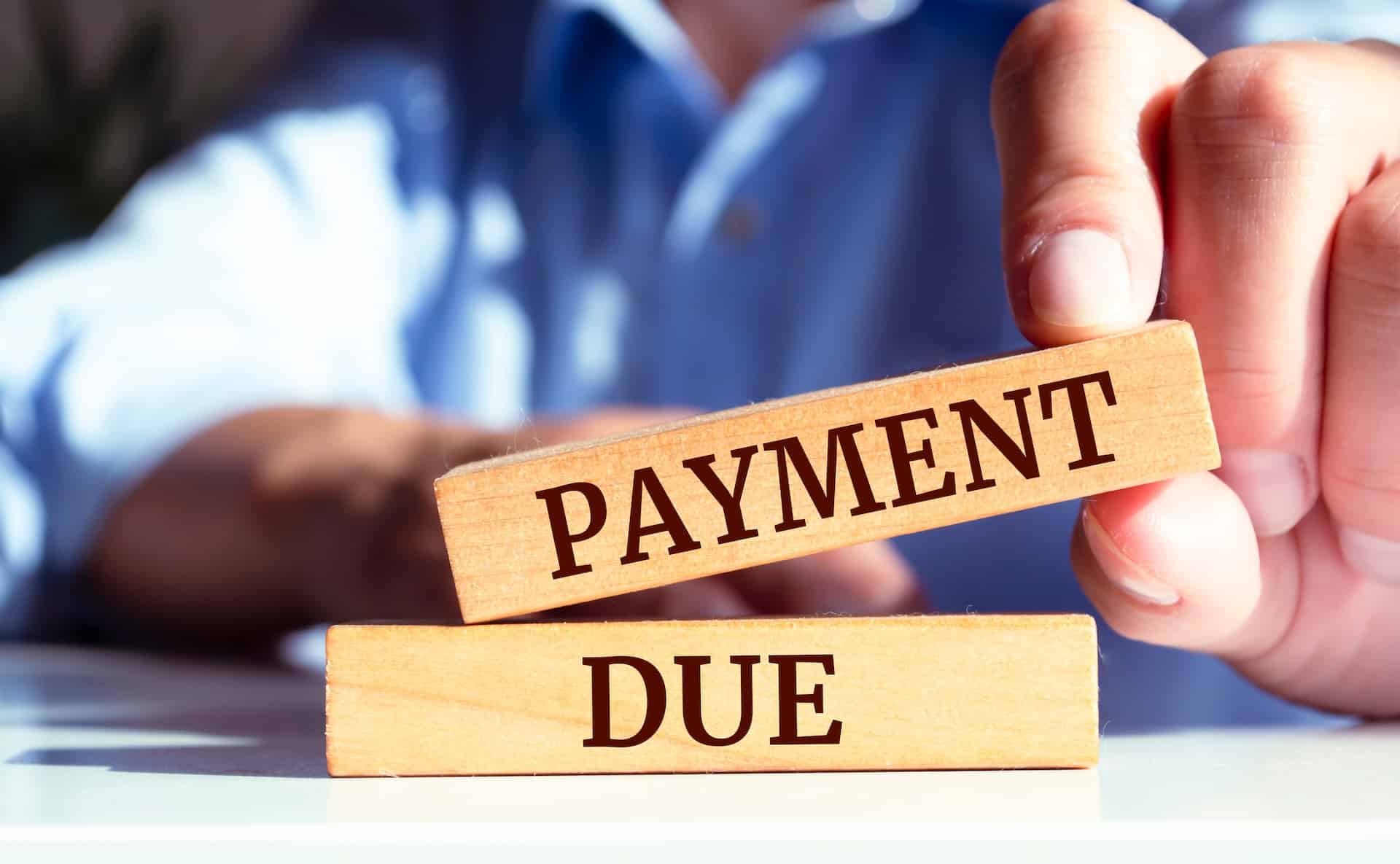Credit Sesame explores how rising debt levels and stricter lending standards intensify the consequences of late payments for consumers.
It’s never a good thing to be late on a debt payment. These days, though, the consequences of late payments are becoming increasingly severe for individual borrowers and all consumers. Late payments on consumer credit are rising. At a time when interest rates are elevated and consumer debt is at an all-time high, those late payments add to the direct cost of that debt. Increasingly, indirect costs are also coming into play. The best defense in this situation is for consumers to limit new borrowing and work on keeping their credit scores in good shape.
Consumers struggle to keep up
The numbers on consumer borrowing are scary. According to the Federal Reserve Bank of New York, in the third quarter of 2024, total consumer debt rose to $17.943 trillion. That was the 17th straight quarter in which total consumer debt reached a record high.
This debt burden is even heavier because credit card debt has been the fastest-growing type of consumer debt. Since the beginning of 2021, credit card debt has grown by 42.4%. This is a problem because credit card debt is typically much more expensive than other major types of consumer debt.
Some economists argue that those debt totals don’t matter much because consumer incomes and net worth have also risen. However, what does matter is that delinquency rates have been rising. Delinquency rates measure the percentage of credit accounts that have overdue payments.
According to the credit bureau TransUnion, the percentage of credit card accounts that are seriously delinquent has risen over the past month and the past year. “Seriously delinquent” means an account is at least 90 days overdue.
Delinquent payments are especially common with subprime customers. Roughly 1 of every 5 subprime credit card customers is currently seriously delinquent with their payments.
Lenders have responded by getting tougher
When customers pay their bills late, it costs credit card companies money. The more later payers there are, the more those companies act to protect themselves.
According to the New York Fed’s latest credit access survey, the rejection rate on credit card applications has risen from 16.6% in February 2024 to 22.2% now. The rejection rate on credit limit increases has risen to 44.5%, the highest level on record.
This means the rising tide of late payments affects more than just the overdue customers. Anybody seeking credit might find it increasingly hard to get.
What happens if the U.S. enters a recession?
As bad as credit conditions are, they could be worse. Right now, the unemployment rate is just 4.1%. In the aftermath of the Great Recession, it was a high as 10%. When unemployment rises, more people will likely have a harder time paying their bills.
This issue has two key aspects. First, if the economy slows, more consumers will likely face difficulties keeping up with their debt payments. This can lead to costly late fees, penalty interest rates, and significant damage to their credit scores, making it harder for them to regain financial stability.
The second aspect is the broader impact on lending practices. As late payments increase, lenders are likely to tighten their credit standards. This means loans and credit cards will become accessible only to consumers with excellent credit histories, leaving others with fewer borrowing options and potentially higher costs.
What can you do to help improve your credit score?
A healthy credit score increases your chances of getting credit approval even as lenders raise standards. Improving your credit may also mean you qualify for pre-approval and a better interest rate.
- Stay ahead with a payment calendar. Keep track of when your loan payments and credit card bills are due. Loans follow a fixed schedule and credit cards operate on regular billing cycles. Anticipating due dates ensures you never miss a payment.
- Pay more than the minimum. Minimum payments barely chip away at credit card balances and can lead to growing debt if you continue using the card. Paying more reduces interest charges and keeps balances low.
- Build a budget free of credit reliance. Treat credit cards as a convenience, not a crutch. Aim to pay off balances in full each month. If you’re borrowing more than you can repay, it’s time to reevaluate your spending and adjust to a sustainable budget.
- Monitor your credit. Regularly checking your credit report can help you catch errors, detect fraud, and understand how your financial habits affect your score. Use free credit monitoring tools to track changes and get alerts about significant activity. Staying informed allows you to address issues that affect your credit health quickly.
Navigating today’s challenging credit environment requires proactive measures and a commitment to financial discipline. Rising debt levels, increasing delinquency rates, and tighter lending standards highlight the importance of maintaining a strong credit profile. By managing your payments diligently, reducing reliance on credit, and prioritizing healthy financial habits, you can protect your credit score and stay prepared for whatever economic challenges lie ahead.
If you enjoyed The consequences of late payments in late 2024 you may like,
- How to get on top of late credit card payments
- Is the U.S. economy booming or stalling?
- Get your free daily credit score
Disclaimer: The article and information provided here are for informational purposes only and are not intended as a substitute for professional advice.




















